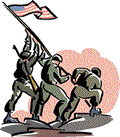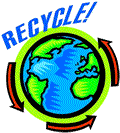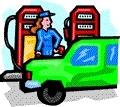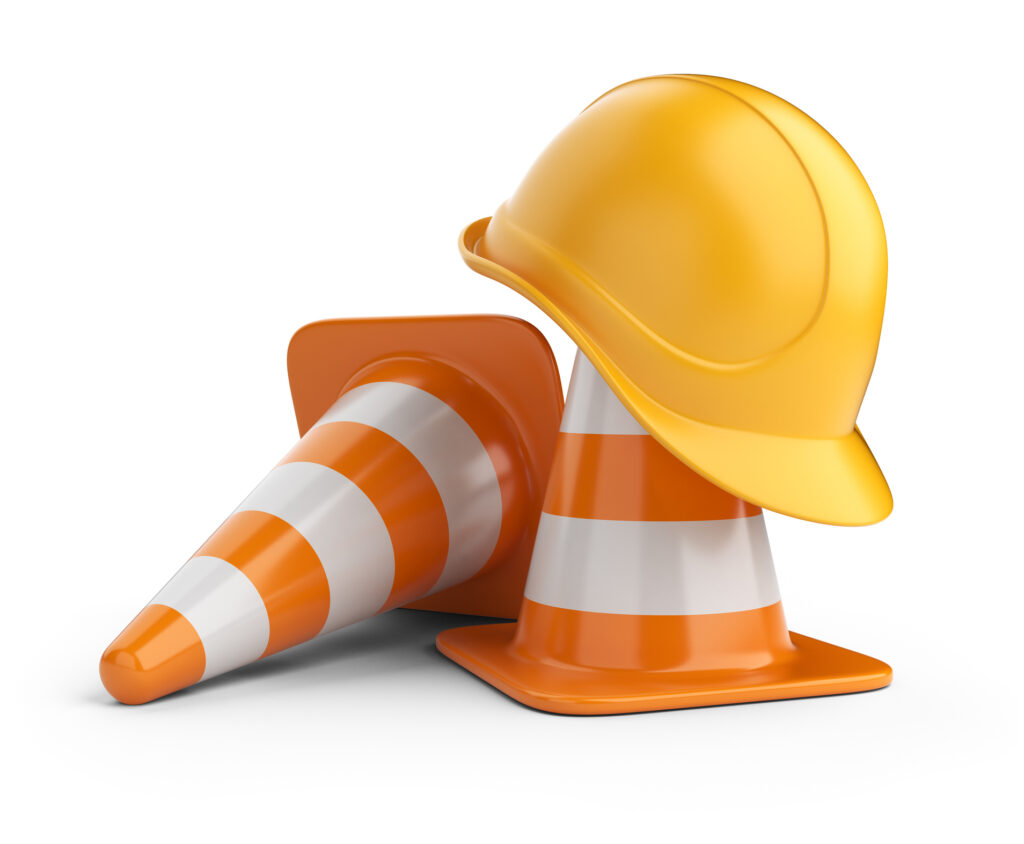
Grades 9-12

Don't have an account yet? Sign up for free
Don't have an account yet? Sign up for free

 Who is the U.S. government? It is US! https://guides.loc.gov/constitution are not just words that start the Preamble, they describe who our government is! What our government does and who pays for it are part of this lesson.
Who is the U.S. government? It is US! https://guides.loc.gov/constitution are not just words that start the Preamble, they describe who our government is! What our government does and who pays for it are part of this lesson.
In this lesson, you will identify taxes as a source of revenue used by our government to provide services and identify a public good.
 In the https://constitution.findlaw.com/preamble.html , it is promised that our government will take care of the people (promote the general welfare) and protect them. That is sure good to know! But how does the government do that? And who pays for it?
In the https://constitution.findlaw.com/preamble.html , it is promised that our government will take care of the people (promote the general welfare) and protect them. That is sure good to know! But how does the government do that? And who pays for it?
If the government is US then WE pay for it! We pay for our government agencies by paying taxes. The taxes include the personal income tax, taxes that come out of our paychecks called payroll taxes, sales taxes, and others.
Where do all those tax dollars go? Our government uses them to pay for all the buildings, people, and policies that the government operates. Plus tax dollars go to pay for social security payments, salaries for all the people in the Army, Navy, Air Force, and Marines AND all their machinery and weapons, medical expenses, and many other goods and services. Sometimes we even have some tax dollars left over to pay down the national debt!
Through our government, we, the people, decide on rules to clean our land. When some individuals harm the land, water or air, the goverment may require them to change their actions. Sometimes government uses taxes as a way to increase the private cost of using resources.
Our government tries to protect us from all sorts of problems. Some of the problems are very serious! A long time ago factories used to dump chemicals into our water, or burn them and let them go into the air. Animals and people started getting very sick. So our government set up the Environmental Protection Agency (EPA).
The EPA's job is to make sure that our air, water, and Earth itself are all environmentally safe. Go to the EPA kids website and go through the alphabet to get an overview of what the EPA does.
We usually pay for things that we want or use. For example, we pay for our food and we pay for our electricity in our homes, but how could we pay for clean air? To whom would we write the check? It is a good thing that no one charges us for clean air! How would that work? Could everyone who breathes pay? How about the people who couldn't pay or people from other countries – would they have to hold their breath?
Since a private company wouldn't be able to charge everyone who uses the air, our government provides an agency to take care of it!
Our tax dollars pay for the people who work at the EPA, the buildings and equipment used by the EPA, the tests that the EPA performs on the air, water, and Earth, and almost all of their expenses. We pay for all of this because the benefit of clean air, water, and Earth is worth more than the cost of the EPA's activities.
Sometimes our government tries to pass the cost of cleanup over to the company that caused the pollution, or to the entire industry that caused the pollution a long time ago. Read about one of these programs on the Introduction to Superfund website.
Now read this story about Superfund .
Let's see if you can find out who pays for Superfund by reading this page on the
Introduction to Superfund website.
 Yes, sometimes the EPA can make the companies that cause the pollution pay for the cleanup. Sometimes chemical and gasoline companies pay an extra tax to help the EPA pay for the cleanup. Sometimes our tax dollars go to pay for the cleanup.
Yes, sometimes the EPA can make the companies that cause the pollution pay for the cleanup. Sometimes chemical and gasoline companies pay an extra tax to help the EPA pay for the cleanup. Sometimes our tax dollars go to pay for the cleanup.
Since private companies cannot charge for the clean environment, then our government provides the environmental protection service. We call that a public good. Roads, bridges, public schools, police protection, parks, and armed forces are all public goods.
Now that you see how the governement solves one environmental problem, let's see if you can solve this one (you may have to revisit the sites to get some help). Should special taxes be placed on gum?
Take a moment and answer the following questions and then print out your answers and hand them in to your teacher.
When private companies cannot charge for that, then our governement provides the environmental protection service. We call that a public good. Public goods are shared goods. They benefit many people. Public schools, police protection, public parks, and armed forces are all shared an are called public goods.
In this lesson you should have learned that taxes pay for our government and our government provides services that private companies cannot provide. These services are called public goods.
Pretend that you have a cousin coming to visit you from another country. This cousin wants to know why you have a sales tax in your state. Write a letter to your cousin explaining why Americans pay taxes, what the taxes are used for, and identify what a public good is.
Take a moment and check your understanding of Public Goods and Private Goods by using the following interactive activity.
More EPA explanations and examples can be found on the https://www.epa.gov/students .
Introduction to the Superfund Program : Many other stories and activities about this program can be found here.

Grades 9-12

Grades 9-12

Grades 6-8, 9-12

Grades 9-12
